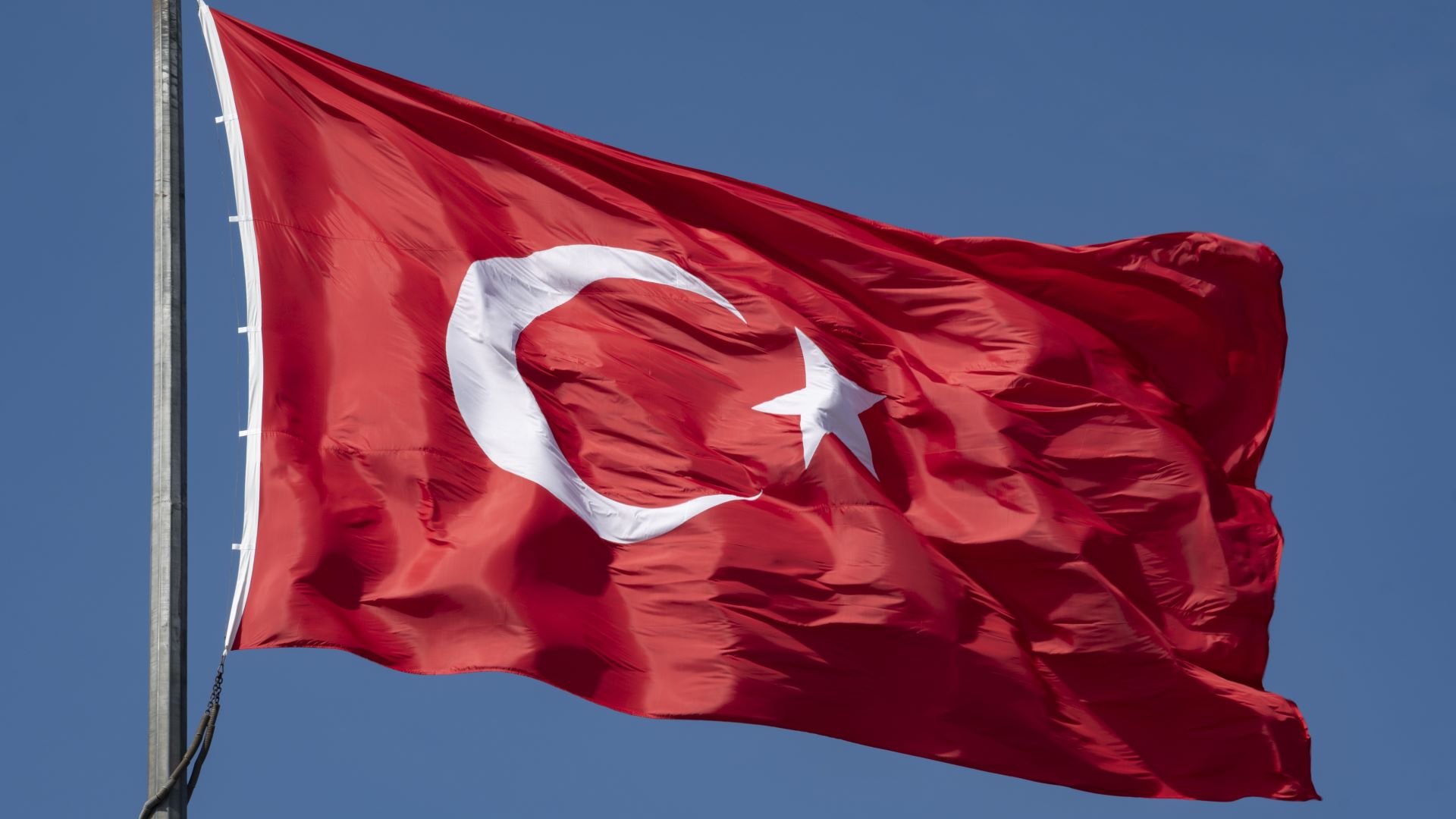Turkey rocked by second day of internet blackouts
You can still use a VPN service to bypass restrictions

Popular social media platforms remain restricted for a second consecutive day in central Türkiye amid ongoing anti-Syrian riots. Internet blackouts are still in place in the south of the country, too, spilling over into Syria's borderlands.
Violence against Syrian refugees erupted in the Kayseri region on Sunday as authorities arrested a Syrian man for allegedly sexually harassing a 7-year-old Syrian girl. Angry citizens set Syrian shops on fire and overturned cars, calling on all Syrian residents to leave. More than 470 people have been detained so far in Kayseri, with seven protesters reportedly killed during clashes in north Syria.
With such a dire situation unfolding across the streets of several cities, authorities decided to disrupt the offline world—once again. This has forced Turkish people to turn to the best VPN services to grant access to popular platforms, including X, YouTube, Instagram, Facebook, and TikTok, and keep the flow of information going.
⚠️ Update: Metrics show that social media platforms including X, YouTube, Instagram, Facebook and TikTok remain restricted for a second day in Kayseri, #Turkey, the epicenter of anti-migrant protests that have spread through southern Turkey and the Syria borderlands pic.twitter.com/aktQX91I5WJuly 2, 2024
According to Alp Toker, the founder of internet watchdog NetBlocks, this new wave of online blackouts shows the wealth of skills that Turkish authorities have developed on the online censorship front.
"The geographically targeted selective filtering of social media is rare globally and highlights the sophisticated capabilities at Turkey's disposal," Toker told me.
Researchers at NetBlocks already tracked a similar technique employed in some past incidents, Toker said, including during the 2019 military operations in southern Turkey. Also on that occasion, connecting to a Turkey VPN was the only way to access Twitter, Facebook, WhatsApp, and Instagram across the region.
Türkiye is a recurring perpetrator of internet throttling and social media blackouts. Since 2015, authorities have enforced national information blackouts at least 20 times—according to NetBlocks data. In 2023, Twitter went dark for just two days, but it was when people needed it the most: in the aftermath of the devastating earthquake that killed over 15,000 people in both Turkey and Syria.
How a VPN can help
"Users in Kayseri, where the protests started, report that VPN services are an effective workaround at present, although service disruptions further south may be more comprehensive," Toker told me.
That's because a VPN, short for virtual private network, is security software that spoofs your IP address location to make you appear in a completely different part of the world within seconds. This means that this tool is an effective way to bypass social media restrictions.
In case you're struggling to access a blocked social media platform or other censored site, all you need to do is download a reliable VPN app. While TechRadar's overall #1 choice is NordVPN at the time of writing, I recommend checking our best free VPN guide to find the most reliable freebie out there—PrivadoVPN Free and Proton VPN Free are the top ones right now according to TechRadar experts.
Once you are logged in to your chosen VPN, you need to select a server located in another country that doesn't enforce these types of restrictions. It's worth mentioning, though, Türkiye has also targeted specific providers with VPN bans in the past. I then recommend downloading different apps to be able to hop between services if needed.
Needless to say, such a circumvention tool needs an internet connection to work. This means that VPNs cannot help when the web infrastructure is turned off altogether.
Disclaimer
We test and review VPN services in the context of legal recreational uses. For example: 1. Accessing a service from another country (subject to the terms and conditions of that service). 2. Protecting your online security and strengthening your online privacy when abroad. We do not support or condone the illegal or malicious use of VPN services. Consuming pirated content that is paid-for is neither endorsed nor approved by Future Publishing.

Chiara is a multimedia journalist committed to covering stories to help promote the rights and denounce the abuses of the digital side of life – wherever cybersecurity, markets, and politics tangle up. She believes an open, uncensored, and private internet is a basic human need and wants to use her knowledge of VPNs to help readers take back control. She writes news, interviews, and analysis on data privacy, online censorship, digital rights, tech policies, and security software, with a special focus on VPNs, for TechRadar and TechRadar Pro. Got a story, tip-off, or something tech-interesting to say? Reach out to chiara.castro@futurenet.com